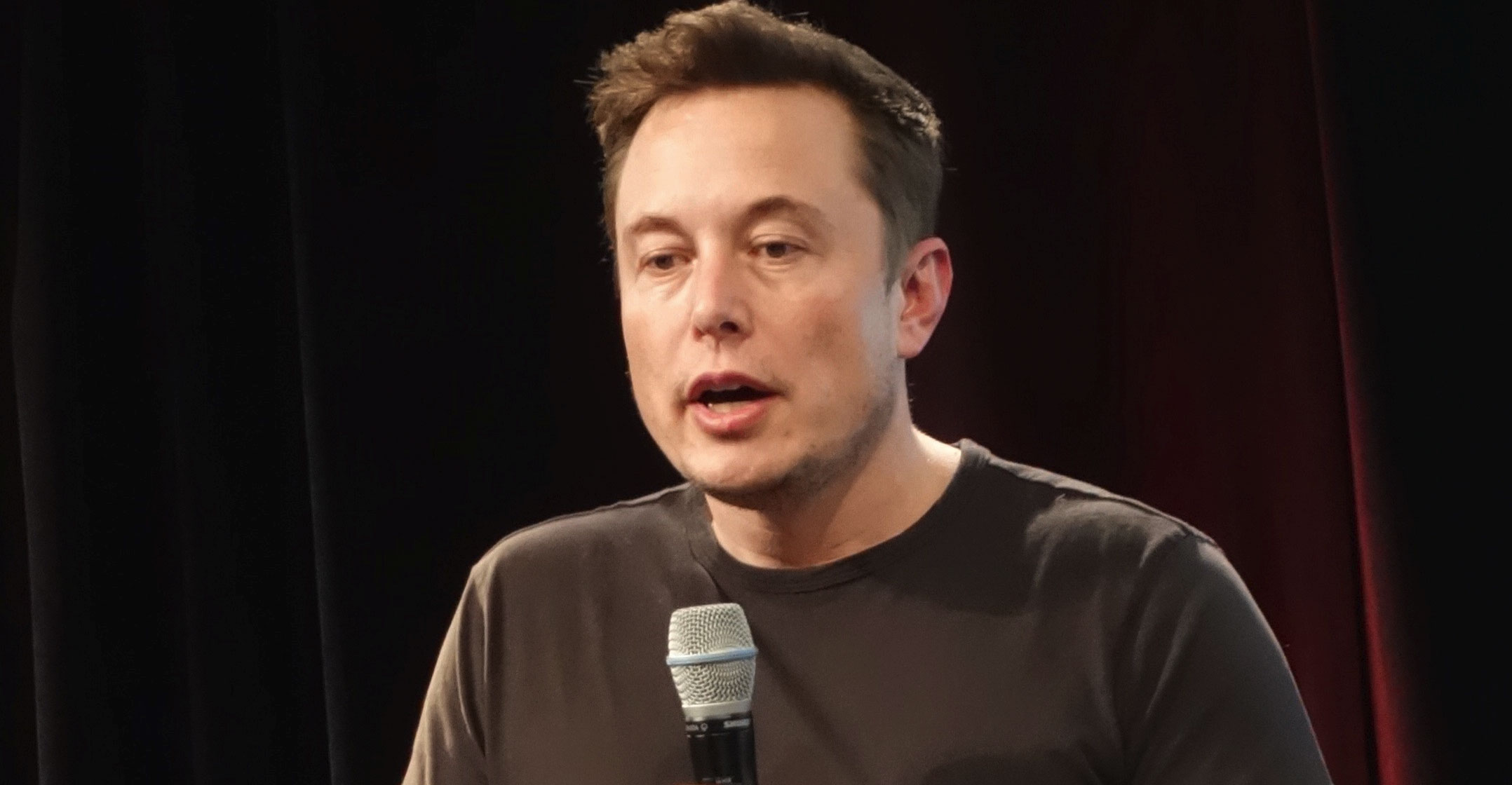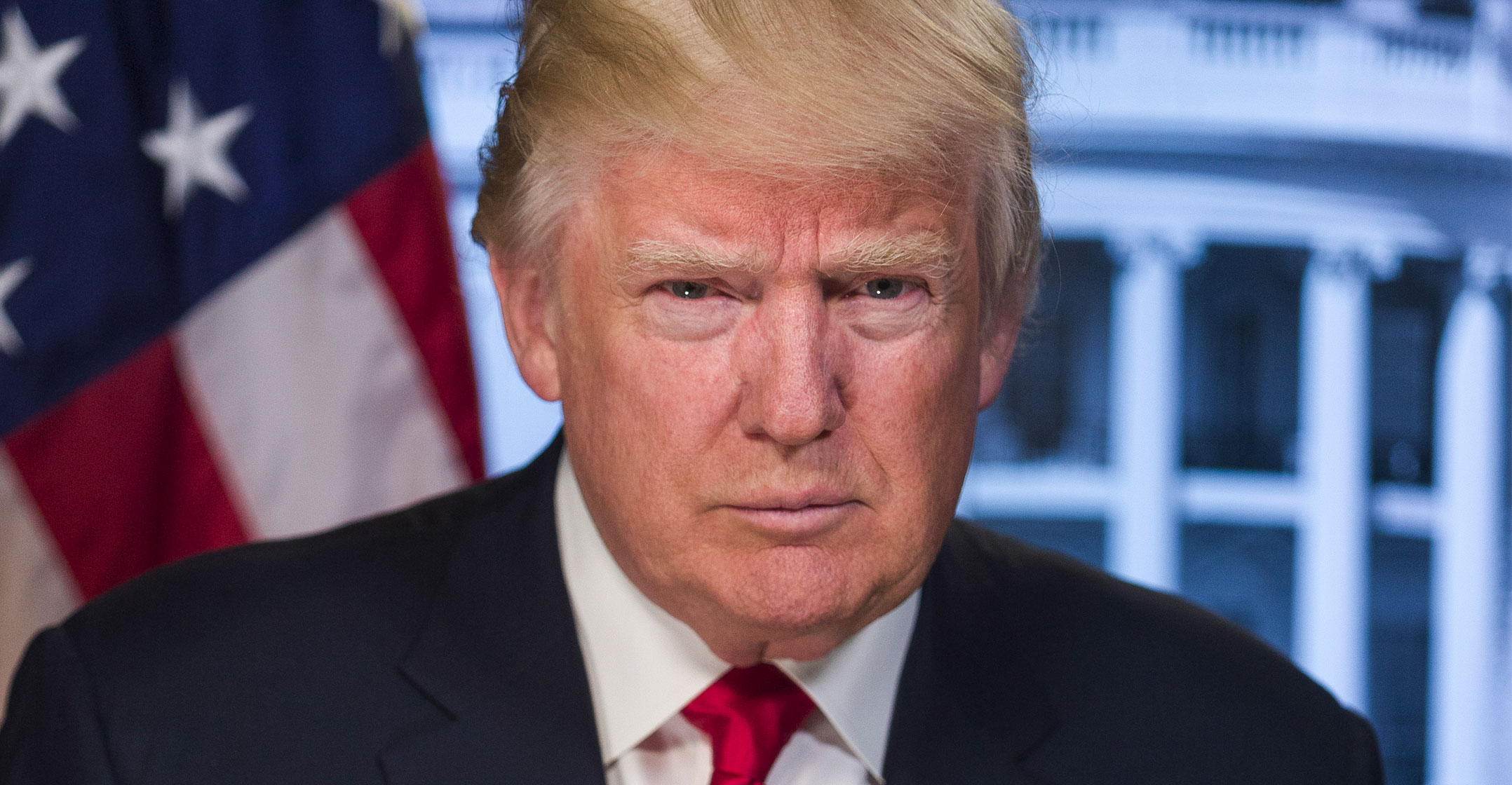
Elon Musk has finally pulled the plug on Donald Trump.
Musk, who has become the American icon of clean energy by leading electric car maker Tesla, said on Thursday he’d leave two White House advisory councils after the president’s decision to withdraw from the landmark Paris climate accord.
“Climate change is real,” the 45-year-old entrepreneur tweeted. “Leaving Paris is not good for America or the world.”
Musk’s ties to Trump had muddied his public image and dismayed supporters who wanted him to follow Uber Technologies CEO Travis Kalanick in stepping down from a similar White House advisory role.
Some customers cancelled US$1 000 reservations for Tesla’s upcoming Model 3 electric car and billboards sprang up in California urging Musk to “Dump Trump”.
Until recently, the South African-born Musk, CEO of both Tesla and rocket builder SpaceX, insisted on keeping a seat at the table to engage the president. He stayed on the White House councils despite Trump’s executive orders that attempted to ban travel to the US from predominantly Muslim countries to argue both for immigration and clean energy.
Just last week, Musk tweeted he had spoken directly to Trump about Paris and that he was “ cautiously optimistic of a positive decision”. Trump’s Paris announcement suggested Musk had struck out in his efforts to influence the president.
As the CEO of a company with the stated mission to “accelerate the world’s transition to sustainable energy”, tolerating Trump’s withdrawal proved a bridge too far.
“It’s the right call on Elon’s part,” said Michael Mann, a prominent climate scientist whose claim to fame includes a paper outlining the so-called hockey-stick chart of alarming temperature data. “Elon’s efforts to engage Trump in good faith were not met with good faith.”

Musk may be insulated from the withering attacks that Trump has levelled at several CEOs, in part because many other corporate leaders have expressed disappointment with Trump’s decision. Walt Disney CEO Robert Iger also said on Thursday he resigned from a White House council.
Going after Musk also would conflict with Trump’s support for those who manufacture in America. Tesla makes cars, batteries and solar roofs and SpaceX builds rockets in the US. The two companies’ 40 000 workers are almost all employed domestically.
Model 3
Musk’s exit comes at a critical time. This summer, Tesla plans to begin releasing the Model 3, a smaller electric sedan that will begin at roughly $35 000 before a federal tax credit. Anticipation of the more affordable model joining the line-up has sent Tesla’s stock up 59% this year.
SpaceX has contracts with Nasa valued at $4,2bn. The Hawthorne, California-based company’s seventh launch of the year — a Nasa mission to resupply the space station — is slated for Saturday. SpaceX also has pacts for US military launches of satellites, a market estimated to be valued at about $70bn through to 2030.
“It’s gotten to the point where Nasa needs Elon as much as Elon needs Nasa,” said Marco Caceres, a senior space analyst with Teal Group, an aerospace and defence market researcher. “But I don’t see retribution from Trump on this. Trump must know that this position is not a popular one for most business people. He can’t punish everyone who disagrees with him.” — Reported by Dana Hull, (c) 2017 Bloomberg LP

